How US-led coalition forces turned weddings into funerals in Afghanistan
By Syed Zafar Mehdi
In a remote, nondescript hamlet, tucked in the rugged mountains of eastern Afghanistan’s Nangarhar province, a convoy of local residents, sporting traditional outfits and grooving to drum beats, was making its way to the groom’s village for grand wedding celebrations on July 6, 2008.
It was around 7:30 am, an unusually hot summer morning in the hilly area, when a US fighter jet came swooping and bombed the bridal party, turning the air of joy festivities into grief and bereavement.
More than 50 civilians, including women and children, were killed in the incident, local sources told the Press TV website, even though the official death toll was 47.
Thursday, July 6, marks the 15th anniversary of the massacre, which human rights groups say represents the American legacy of terror and abuse in the country they militarily occupied for 20 years.
The ghastly massacre came less than seven years after then-US President George Bush famously declared on September 20, 2001, that the so-called US "war on terror" begins with Al-Qaeda "but does not end there."
The American plane dropped a series of cluster bombs on the wedding party, the first one targeting a group of children who were marching ahead of the main bridal procession, killing all of them, according to local residents.
The children were excited and grooving to Attan, the war-ravaged country’s national dance, which is characterized by rhythmic moves.
It followed more devastating strikes, this time targeting the main wedding parade, with victims mostly women and little girls, a local resident, Hedayat Yousefzai, told the Press TV website.
The teenage bride and some of her friends, he said, were lucky to escape the initial onslaught but eventually fell as they frantically tried to scurry down the dusty and rough hill. Her joy turned out to be short-lived.
“The wedding marchers were merrily walking from one village to the other, as bride and groom lived in two neighboring villages, when the American jets pounced on them,” Yousefzai, a journalist and poet, said.
Of those killed in the attack, at least 39 were women and children, including the bride. They were all buried in the village cemetery, next to each other, as it was not possible to identify their remains.
Yousefzai, who has now moved to the provincial capital Jalalabad, vividly remembers the horrific tragedy that day in the Deh Bala district, which he said, “laid bare the real face and agenda of Americans.”
Following the tragic incident, then-Afghan President Hamid Karzai instituted a nine-member inquiry commission, comprising officials from the ministry of defense, intelligence agency, and lawmakers, which concluded that the victims were all civilians and had no links to al-Qaeda or the Taliban.
Ten days after the tragedy, Karzai visited the site of the bombing in Nangarhar, braving insurgent threats, and denounced the US-led coalition forces and their reckless approach, Yousefzai told the Press TV website.
US officials in Afghanistan initially denied killing civilians in the airstrike but later admitted to the “mistake”.
It came only two days after a US aircraft targeted two vehicles in eastern Nuristan province, claiming that the vehicles were carrying insurgents. The 22 victims eventually turned out to be civilians, including a woman and a child.
Joy turned into grief
The bombing of a wedding party in eastern Afghanistan’s Nangarhar on July 6, 2008, was not an isolated incident of US-led coalition forces targeting civilian gatherings in the country, including weddings.
On July 1, 2002, only months after the US-led coalition forces carpet bombed Afghanistan, at least 120 people were killed and many more were injured in an airstrike carried out by the US-led coalition forces in Deh Rawood district of southern Uruzgan province. The official death toll was between 40 and 48.
The target of the overnight attack carried by a B-52 bomber and AC-130 attack aircraft was a wedding function, and victims included women and children, according to local Afghan sources.
The wedding was taking place at a private residence in a village and none of the participants had any affiliation with either al-Qaeda or the Taliban, sources said.
In July 2002, the United Nations Assistance Mission in Afghanistan (UNAMA) said it handed copies of an internal UN report regarding the deadly bombing of a wedding function in Uruzgan to the US and Afghan authorities, stopping short of making the report public.
"It was an early indication of how the United Nations covered up US war crimes in Afghanistan and always came to the rescue of the US-led coalition," said Zia Hakimi, an Afghan researcher and writer, told the Press TV website.
In November 2008, Americans were at it again when they targeted a wedding party in the Shah Wali Kot district of southern Kandahar province, which was the stronghold of the Taliban at the time.
Around 40 civilians, the majority of them women, were killed in the strike, which came barely hours after armed clashes between the US-led coalition forces and the Taliban in the restive border village.
“Following the morning clashes with the Taliban in the village, the coalition forces were apparently furious and indiscriminately bombed a complex that was hosting a wedding,” Ajmal Achakzai, a resident of Shah Wali Kot, told the Press TV website. “Such incidents were commonplace at that time.”
The absence of a mechanism to examine and prosecute war criminals created an environment of impunity and emboldened American forces in Afghanistan to continue their military adventurism in the South Asian country.
As the military occupation continued, so did the bombings of civilian gatherings.
In September 2019, explosions at a wedding party in southern Afghanistan’s Helmand province killed at least 40 civilians, including 12 children.
Hakimi said the bombing of weddings is "only one part of the American story in Afghanistan", recalling dozens of similar reckless airstrikes that targeted medical and educational facilities across Afghanistan.
“The Daesh terrorist group, which has committed so many horrendous atrocities on Afghans in recent years, also pales in comparison to crimes committed by US-led forces in Afghanistan,” he told the Press TV website.
“Killing innocent civilians in weddings, hospitals, homes – literally everywhere.”
VIDEO | MEK trial in Tehran reveals heinous terrorist crimes
VIDEO | No Christmas in Gaza again
Iran condemns Israel’s brazen admission of Haniyeh murder
VIDEO | Conference in Islamabad explores Pakistan-Iran ties
Hamas condemns Israeli evacuation order of Indonesian Hospital
VIDEO | Yemen resistance remains resolute
'Easy target': Yemen warns 4th US carrier within reach
Iran military awarded $40 mln worth of vessel building contracts


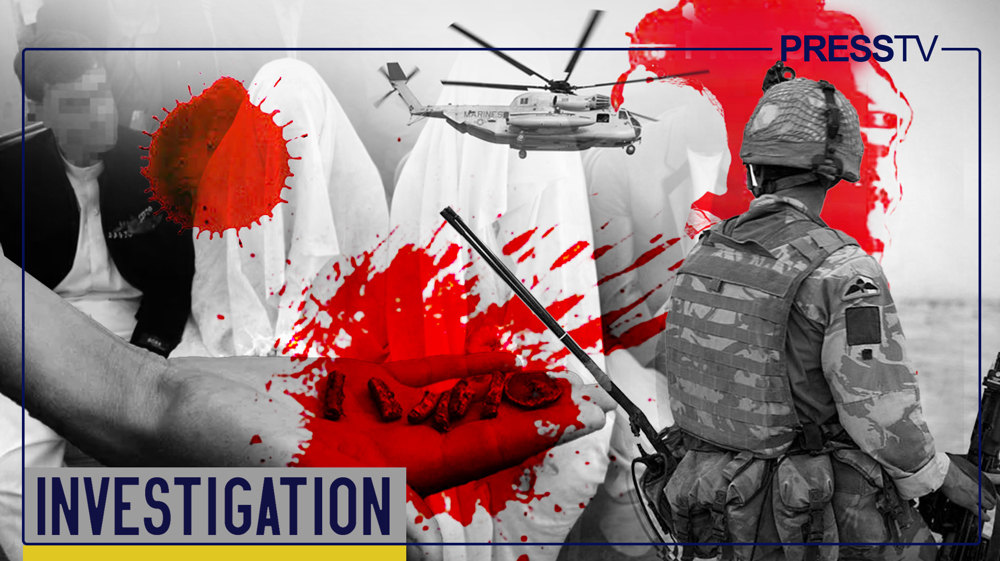
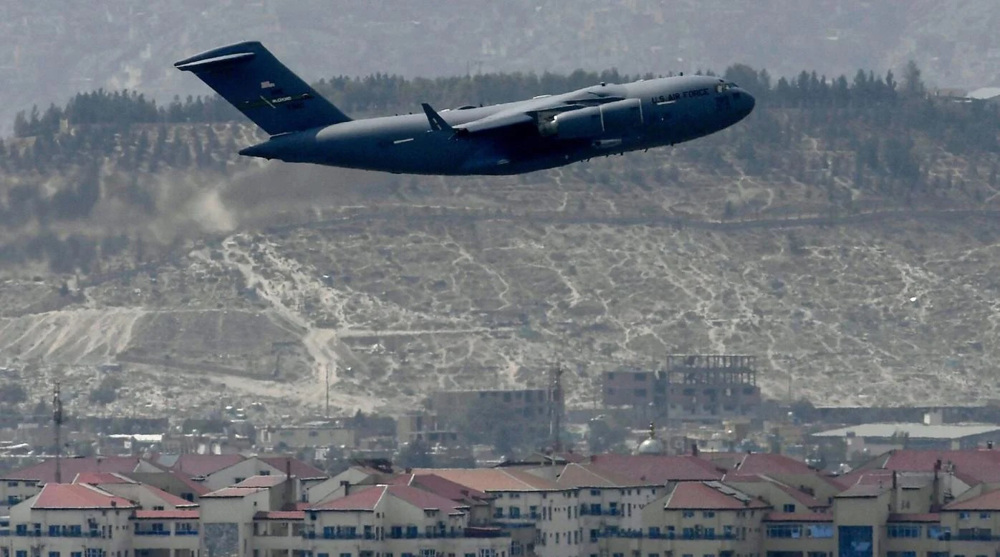

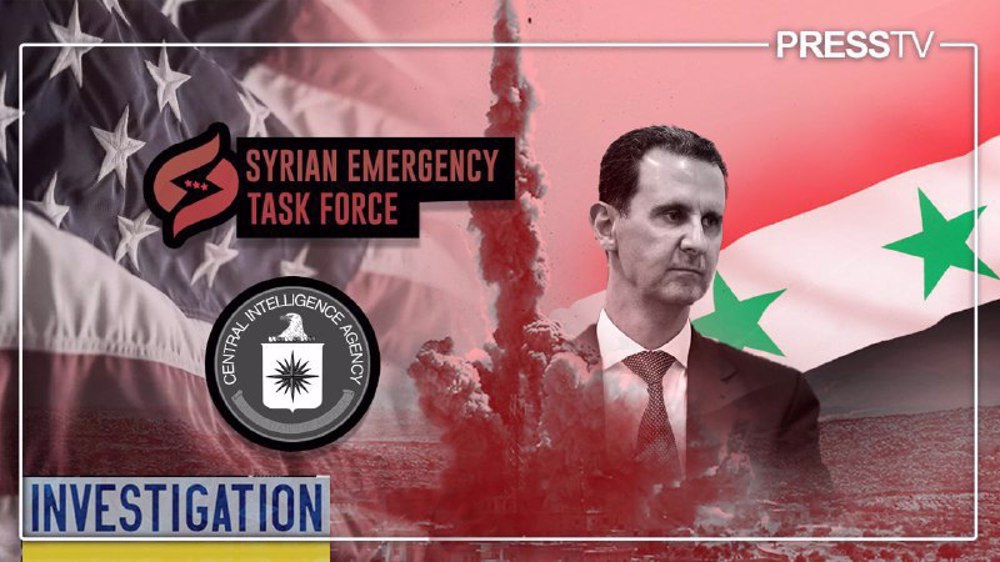
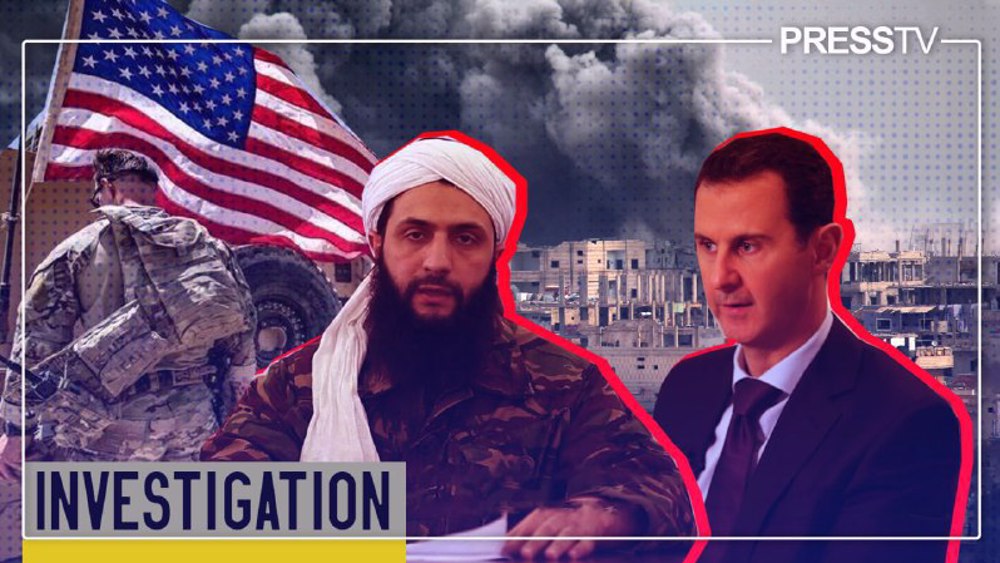



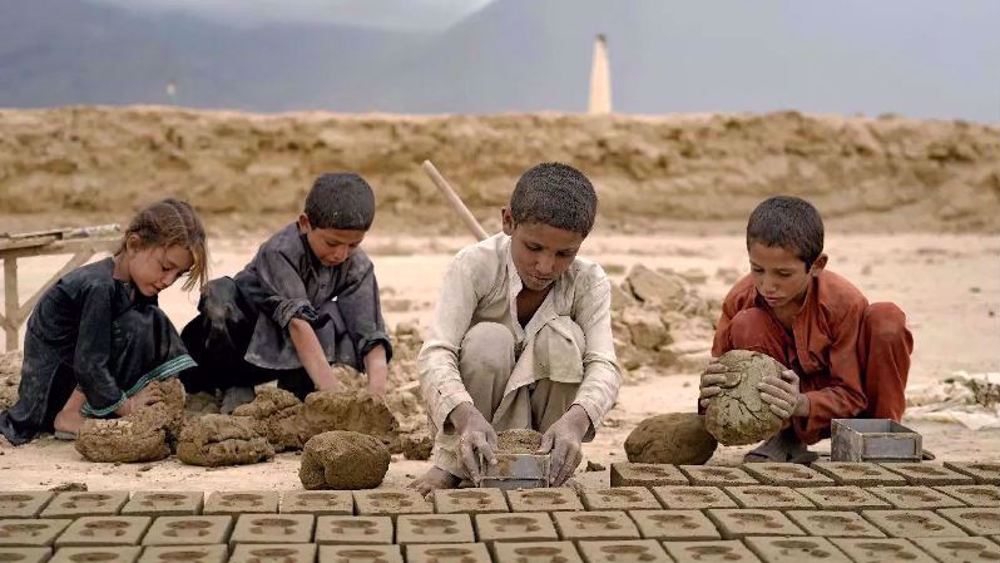
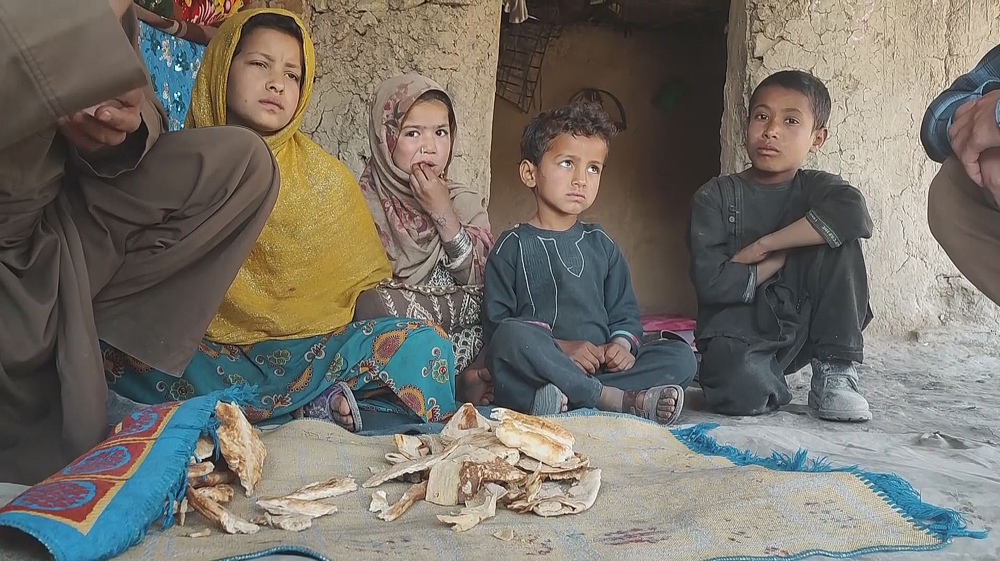
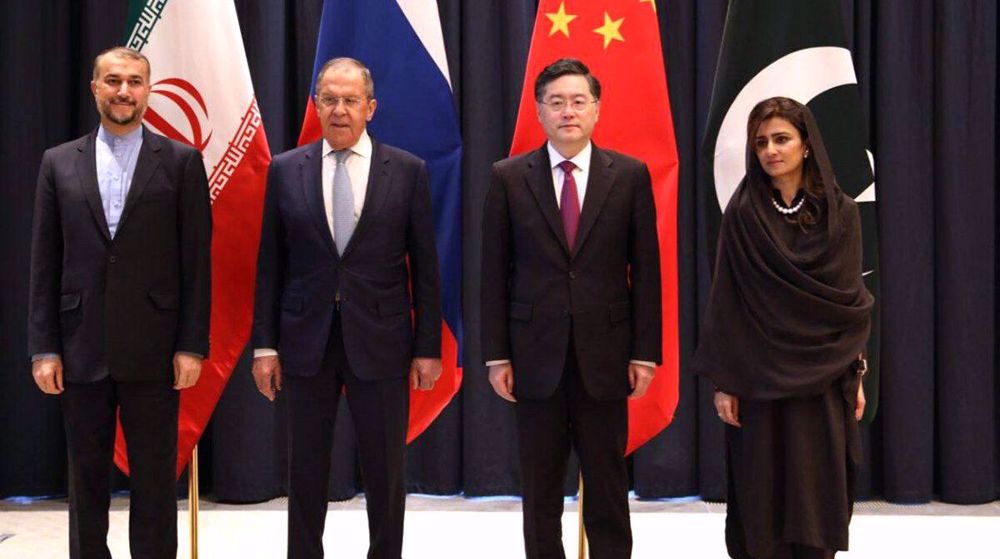
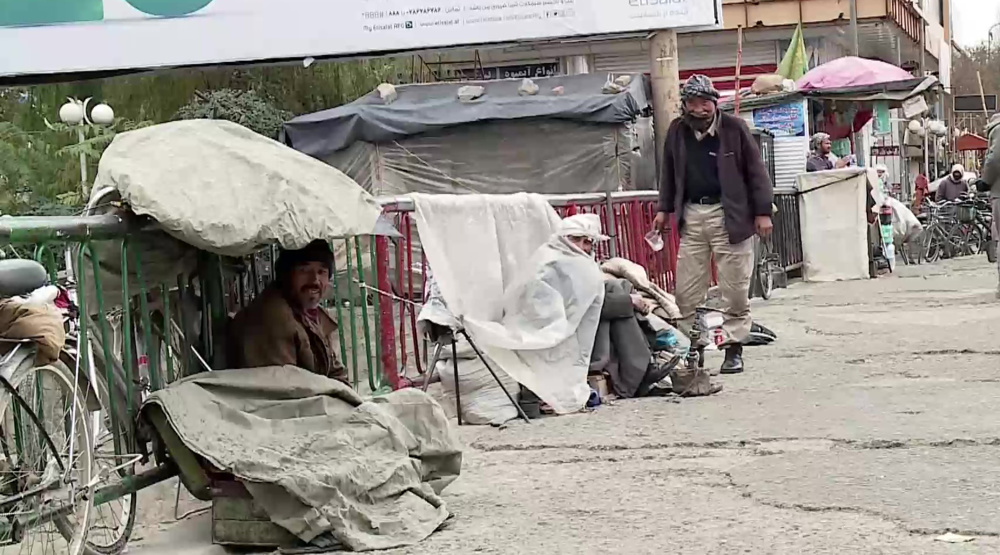

 This makes it easy to access the Press TV website
This makes it easy to access the Press TV website